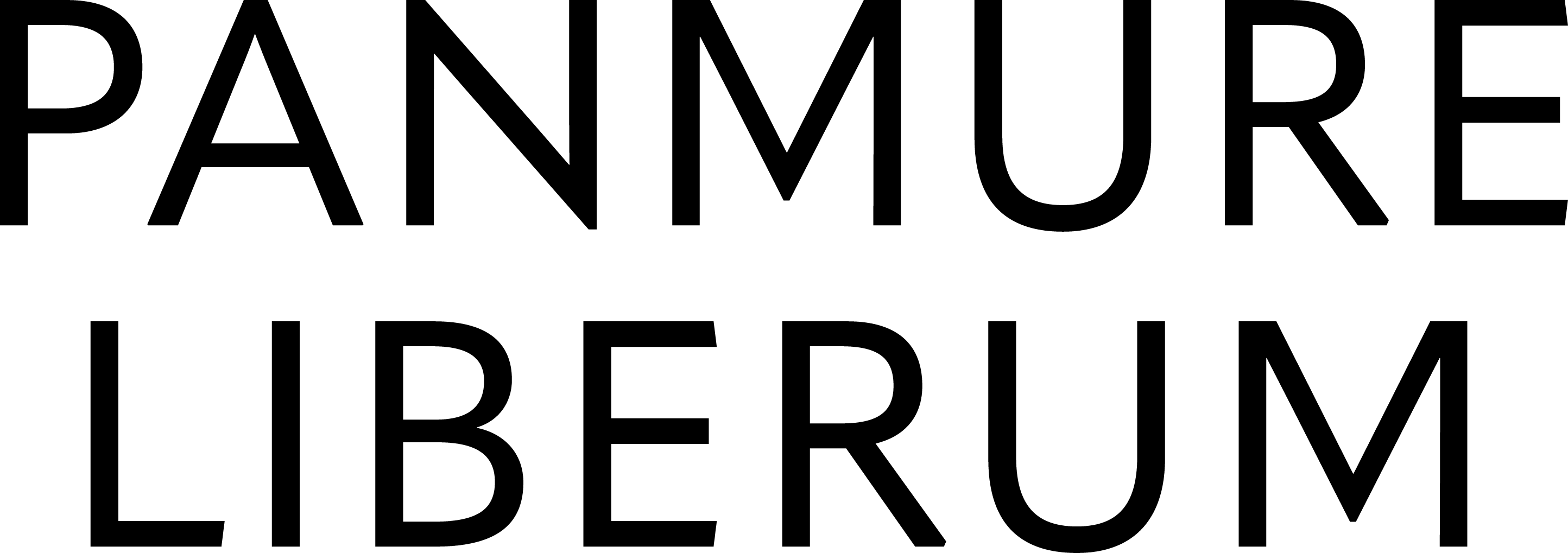This content is only available within our institutional offering.

26 Sep 2022
UK life companies: Inflation to drive more life consolidation?

Sign in
This content is only available to commercial clients. Sign in if you have access or contact support@research-tree.com to set up a commercial account
This content is only available to commercial clients. Sign in if you have access or contact support@research-tree.com to set up a commercial account
UK life companies: Inflation to drive more life consolidation?
- Published:
26 Sep 2022 -
Author:
Ben Cohen -
Pages:
5 -

We attended a Fitch mini-conference on European life consolidators on Thursday. This was a rare opportunity to hear from the largest consolidators, including Athora, Chesnara, Monument Re, Phoenix and Viridium, as well as reinsurance broker, Guy Carpentor, to give the reinsurance alternative.
Our key takeaway was that the acquirors see inflationary pressures as a key catalyst for further deals, with closed life books particularly sensitive to rising costs. The first six months of this year also showed the volatility of solvency ratios in a ‘risk off’ market with rising yields, encouraging conversations. In addition, higher interest rates made it easier to transact on businesses with guarantees. It was also a reminder that while solvency II has led to a certain standardisation of approach, each European market was unique, with local GAAP profits key, and with paucity of outsourcing vendors in most continental markets a tangible barrier to activity, necessitating substantial investment.
Chesnara’s Head of Strategy said its M&A focus was on portfolios, rather than whole companies, as sellers’ focus became more granular. The Monument Re CEO said that the pipeline for small deals, where they focus, was well stocked. Phoenix Head of Corporate Development argued its key strength was capital and the synergies it could bring to a deal, albeit it now had open book and BPA demands on capital. Guy Carpenter pointed out that reinsurers were increasingly willing to assume asset risk, and that more block transfer deals had been done than had been made public.
Phoenix made the point that cash generation was the key valuation parameter, with the multiple of Own Funds an output, while Viridium’s CEO said that on some of their transactions in the German market, Own Funds outputs were meaningless. The Fitch speaker acknowledged that rising interest rates would depress Own Funds, raising leverage ratios, but that their ratings would take into account changes in ‘economic’ value, without being drawn on what would be uncomfortable leverage. Phoenix did concede IFRS 17 changes may encourage it to look at different funding structures.
We note that the three life companies we cover all trade on c.1x historic Own Funds, with Aviva having the structurally highest return on Own Funds, and Chesnara the best M&A opportunities. While our Aviva and Phoenix forecasts remain under review post H1 results, recent macro movements (wider credit spreads, higher risk free rates and weak equity markets) put pressure on Own Funds to varying degrees. Lower corporate tax rates should provide something of an offset, as may solvency II reform. Dividend yields should provide some support to share prices, albeit spreads above risk free are less attractive than at the start of the year, with UK ten-year gilt yield now approaching 4%.






